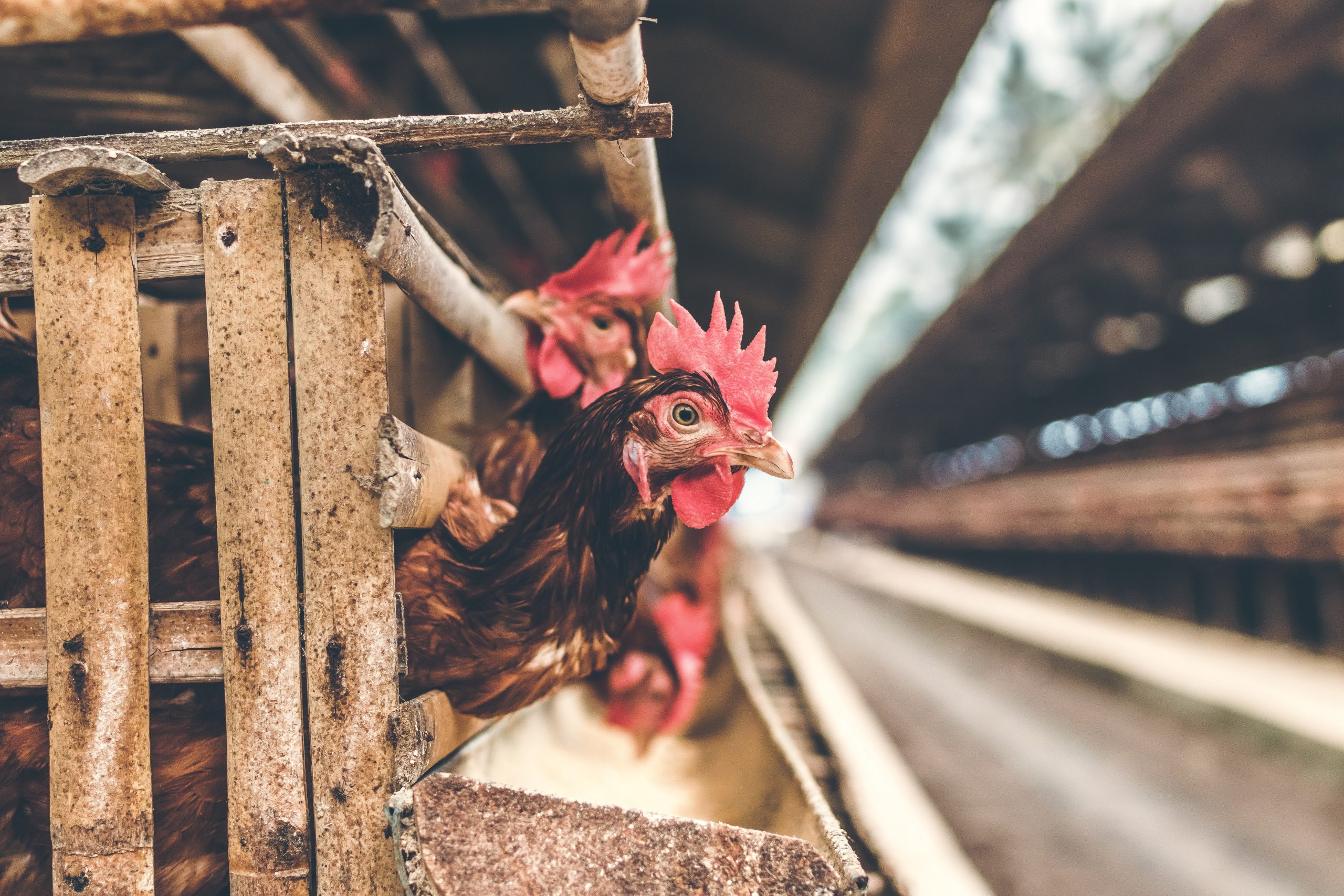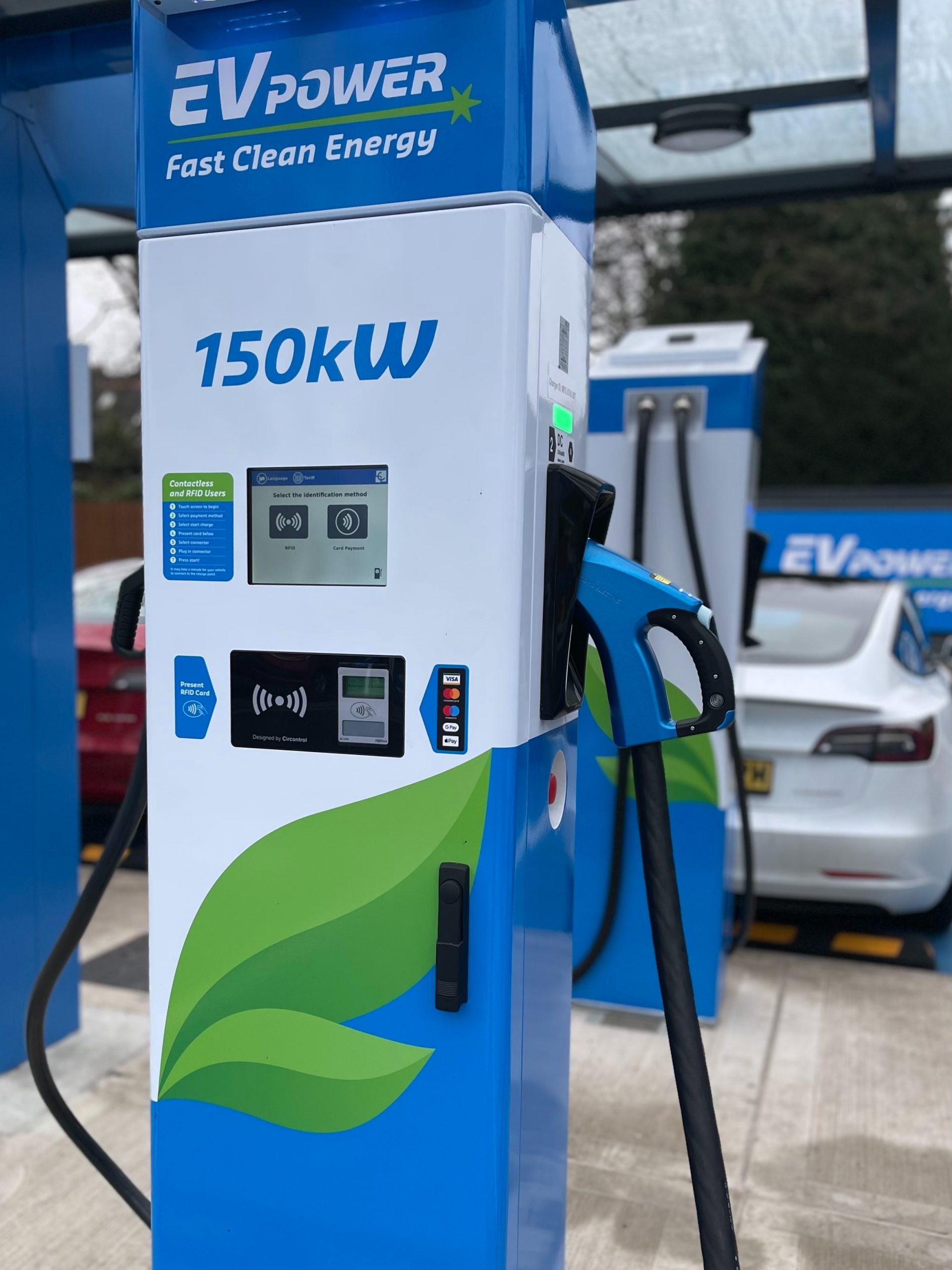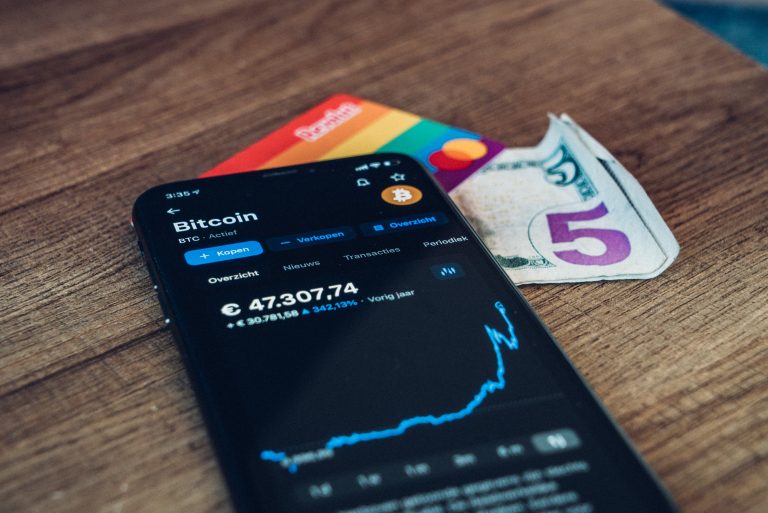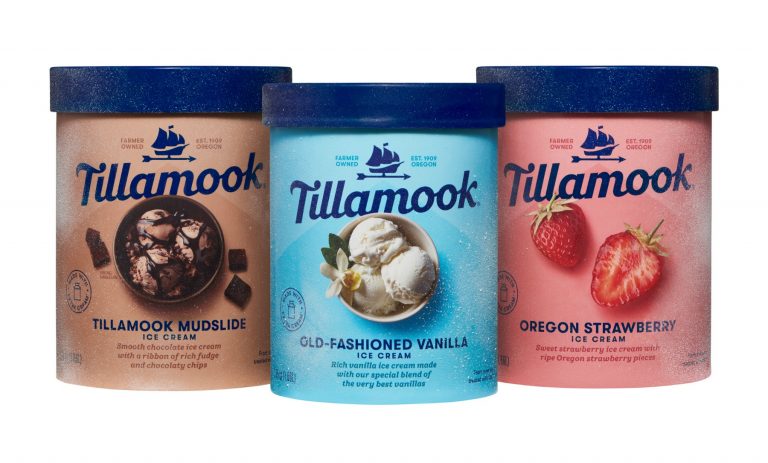COVID-19 and the State of the Housing Market
As the COVID-19 pandemic continues to impact our economy, economists, researchers, and legislators are paying very close attention to the housing market. As unemployment rises and the stock market continues to be volatile, there is fear that COVID-19 “will spur a full-blown recession that takes the country months, or even years, to recover from,” according to Maurie Backman, USA Today. The housing market is currently seeing positive and negative changes in response to the COVID-19 pandemic.
Currently, one positive for consumers is mortgage rates are at historic lows. Due to the low mortgage rates, homeowners are looking to re-finance and non-homeowners are looking to borrow. Due to the low mortgage rates, the homeowners would pay less in interest over the lifetime of their loan. Banks and loan financers also feel the uncertainty of the market and understand they will now earn less in interest over the lifetime of loans. JPMorgan Chase has responded to housing market uncertainty by raising its borrower standards for most new home loans. Potential borrowers will now need a credit score of at least 700 and a down payment equal to 20% of the home’s value. When questioned about the increased borrowing standards, JPMorgan Chase responded by stating their intent is to focus their attention on existing customers.
In 2009, during the Great Recession, the median value of a home was $197K. Today the median value of a home is $243K. Experts fear this may soon change. Homeowners are concerned that the decrease in economic activity and increases in unemployment will cause property values to decline. For many Americans, much of their net worth is connected to their home equity. Declining home values can place homeowners under financial distress and cause a severe impact that can take them years to recover from. However, data analysts remain hopeful that our housing market will remain stable.
Sources: USA Today “The COVID-19 crisis could push home values lower” by Maurie Backman; CNBC “JPMorgan Chase to raise mortgage borrowing standards as economic outlook darkens;” Yahoo Finance “How the spread of COVID-19 is impacting the mortgage market”
Discussion Question:
- Define the law of supply. Consider that mortgages are a product and JPMorgan Chase is a supplier of this product. When mortgage rates (the price of the mortgage) are lowered, JPMorgan Chase decides to implement standards to ensure they supply fewer loans. Did JPMorgan Chase violate the law of supply? Why or why not.
- Increasing borrowing standards may reduce the amount of people who are able to purchase a home via a mortgage. How can this impact the housing market and the value of homes? Should banks like JPMorgan Chase increase their borrowing standards?













